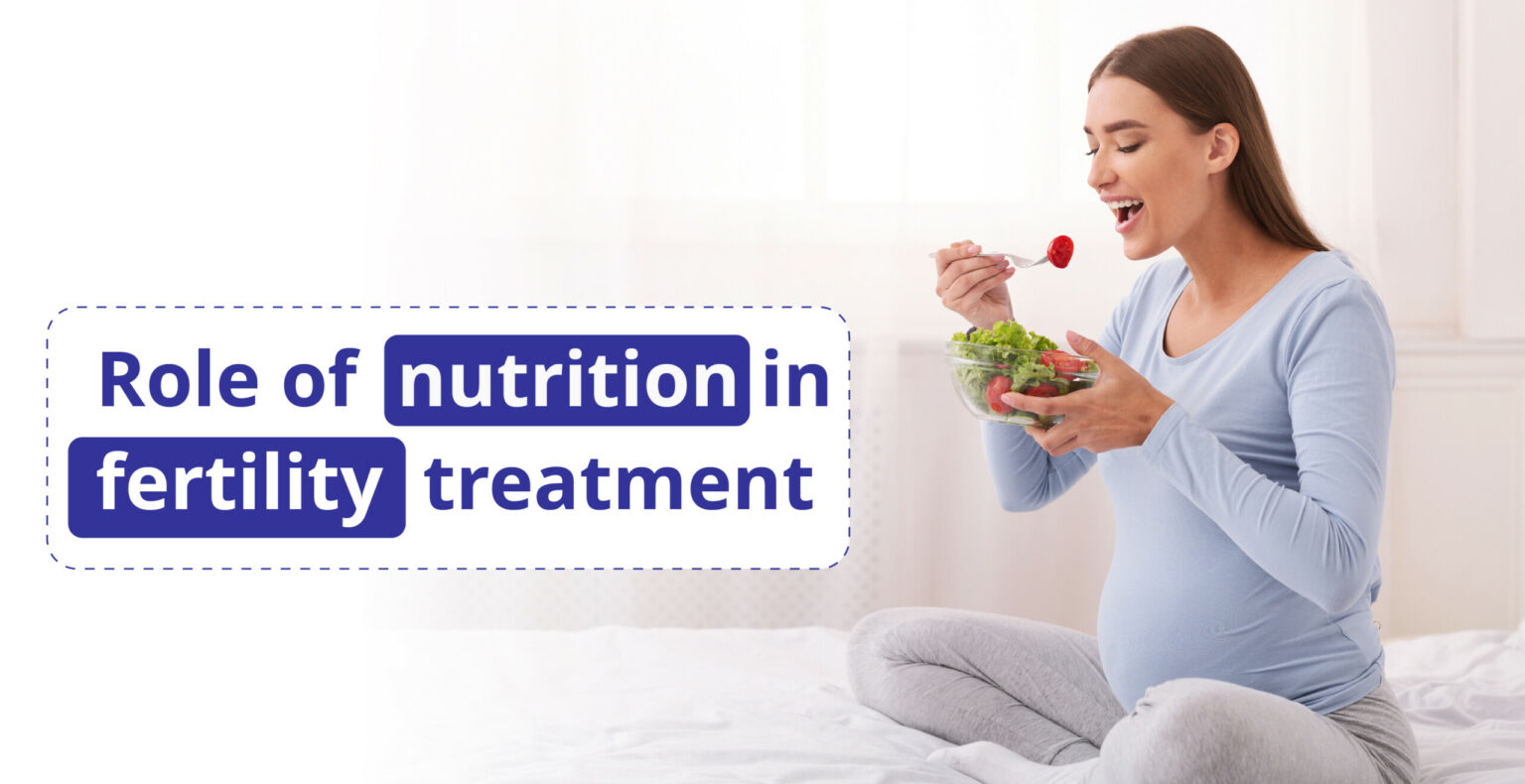Maintaining a healthy diet plays a significant role in supporting fertility and the process of egg freezing. Proper nutrition helps ensure that your body is in the best possible condition for egg development and hormonal balance, which are essential for reproductive health.
The Connection Between Diet and Fertility
A well-balanced diet is vital for reproductive health. Essential nutrients like carbohydrates, fats, and proteins all contribute to the development of healthy eggs and the regulation of hormones. Consuming a diverse range of foods ensures that you get the necessary vitamins and minerals to support fertility and enhance the effectiveness of assisted reproductive technologies, such as egg freezing.
Diet and Fertility: Key Considerations
One of the most beneficial dietary patterns for reproductive health is the Mediterranean diet. This diet emphasizes the intake of fruits, vegetables, whole grains, legumes, fish, nuts, and olive oil. It also recommends moderate consumption of dairy products, eggs, and wine, while minimizing red meat, processed meats, and sweets. Following this diet may improve fertility outcomes and support egg storage procedures.
Lifestyle Factors Affecting Fertility
Lifestyle choices significantly affect reproductive health. Physical activity, for example, can positively influence fertility by enhancing metabolic health, reducing inflammation, and improving blood flow to reproductive organs. However, it is important to find a balance, as excessive or intense exercise can disrupt menstrual cycles, reduce ovarian reserve, and impact implantation. Engaging in moderate exercise as part of a healthy lifestyle can help maintain fertility.
The Role of Caffeine and Alcohol
Dietary habits also play a role in egg freezing and fertility:
- Caffeine: High levels of caffeine can interfere with egg maturation and fertilization, increasing the risk of anovulation (failure to ovulate) and polycystic ovary syndrome (PCOS). These issues can affect embryo implantation and raise the likelihood of miscarriage. To support fertility and the success of egg freezing, it is recommended to limit caffeine intake to no more than 200 mg per day.
- Alcohol: Alcohol has a relatively minor impact on fertility and egg freezing, but it can still affect reproductive health. Excessive alcohol consumption can lead to hormonal imbalances, disrupt ovulation, and increase the risk of conditions like PCOS. It may also impair egg and embryo quality, making egg retrieval and implantation more challenging. It is advisable to consume alcohol in moderation, ideally limiting it to one drink per day, or to avoid it completely if you are focusing on fertility or egg freezing.
Conclusion
Diet and lifestyle choices have a significant effect on fertility and the success of egg freezing procedures. Adopting a balanced diet rich in nutrients and maintaining a moderate exercise routine are fundamental steps toward improving reproductive health. Moreover, managing caffeine and alcohol consumption can further support fertility efforts and the effectiveness of egg storage.
Always consult with your doctor or a healthcare professional before making significant dietary changes for your reproductive health. They can provide personalized guidance based on your medical history and current health status.

